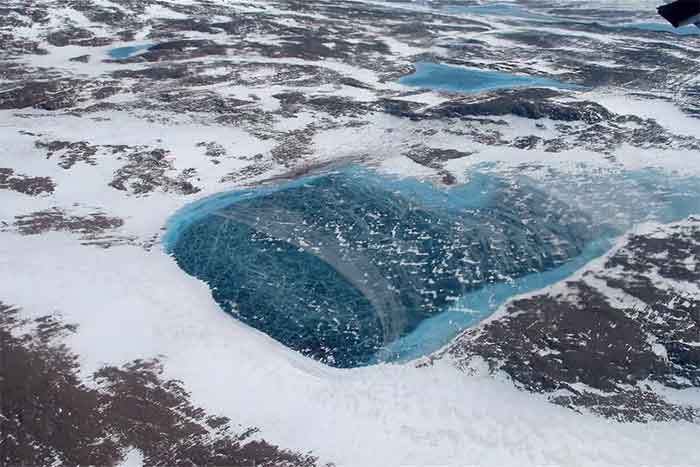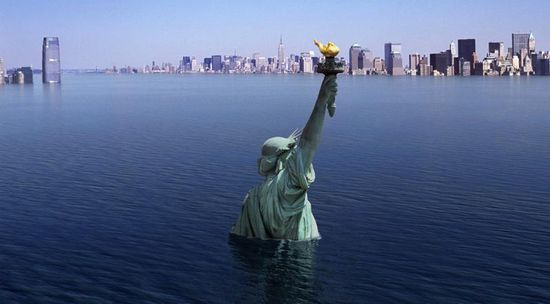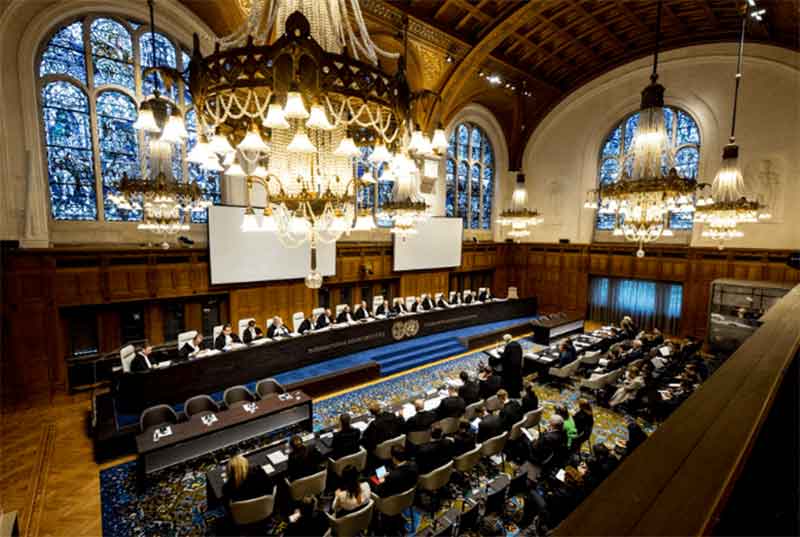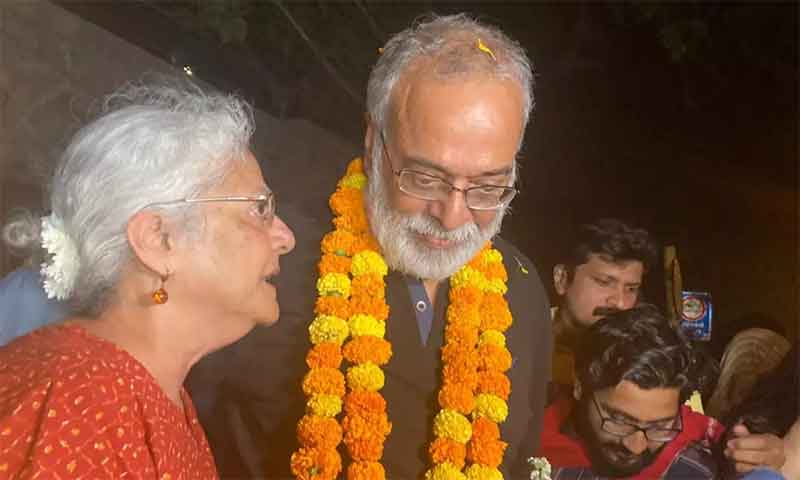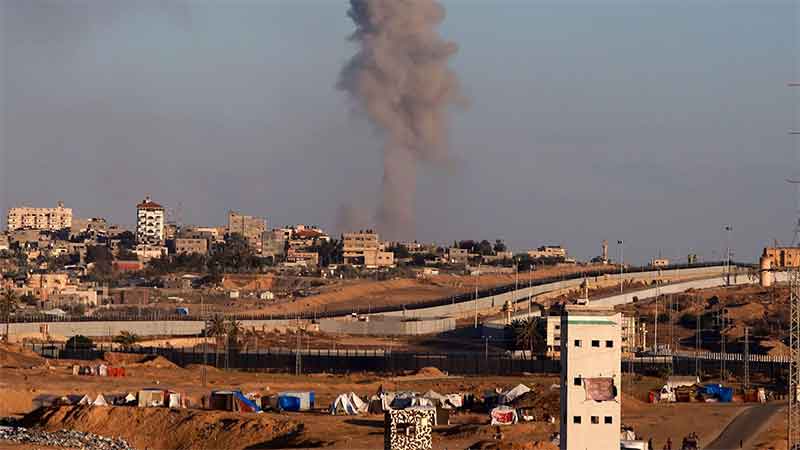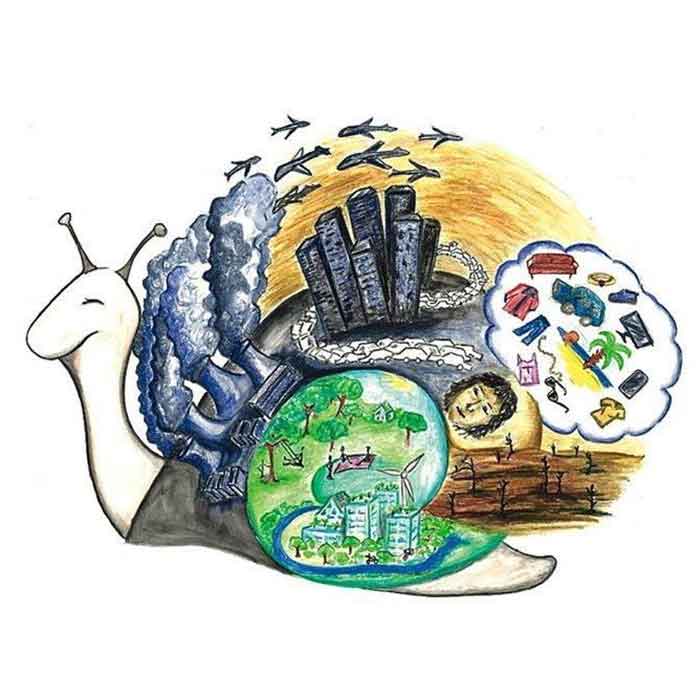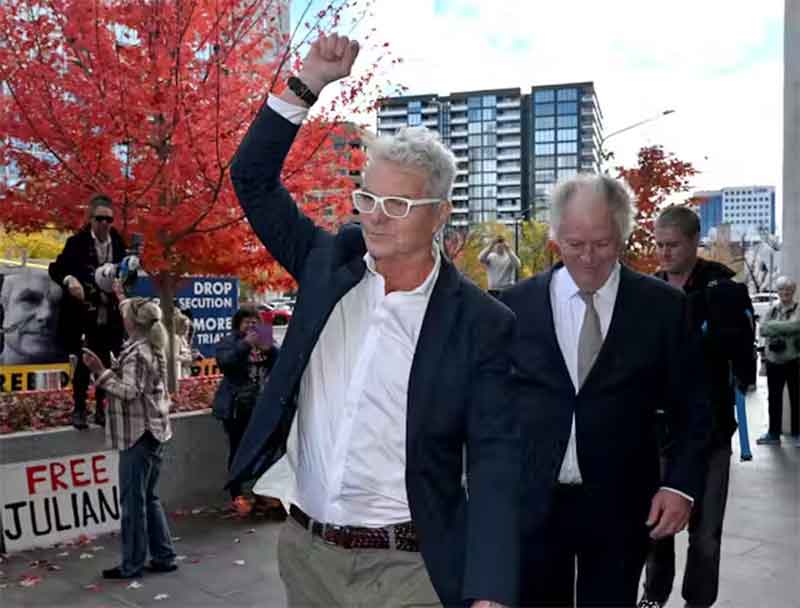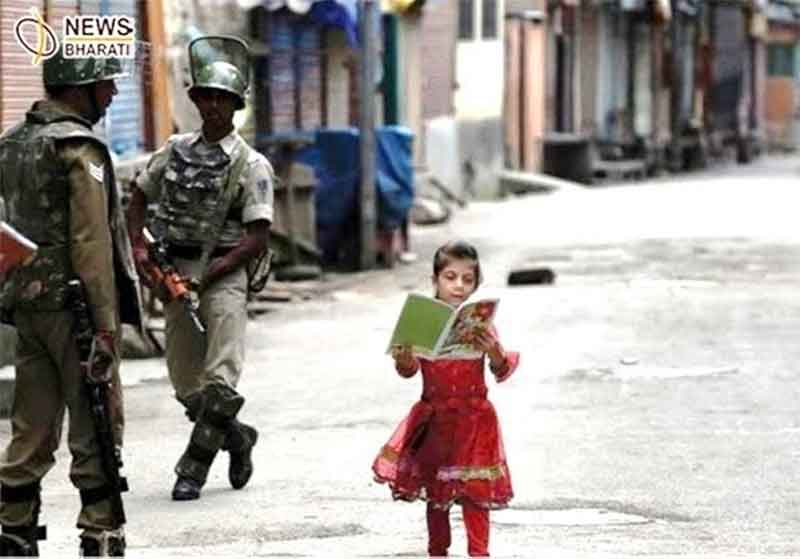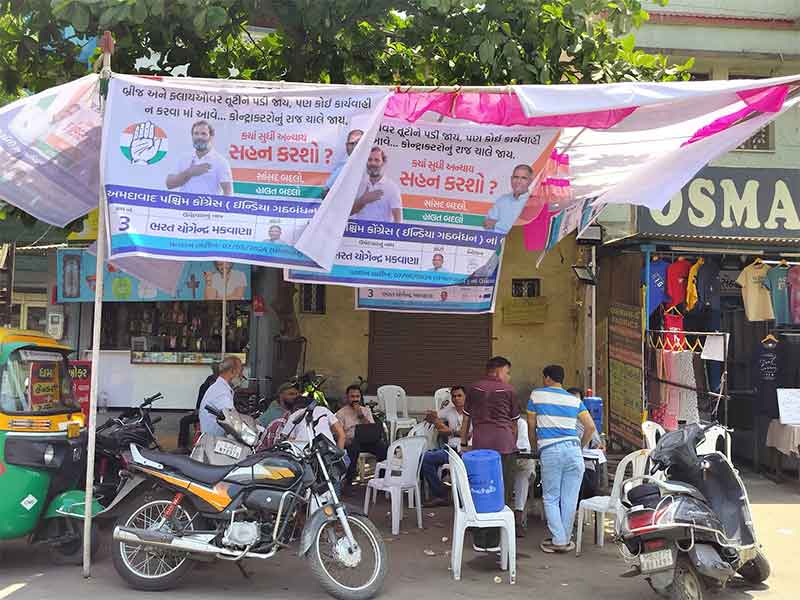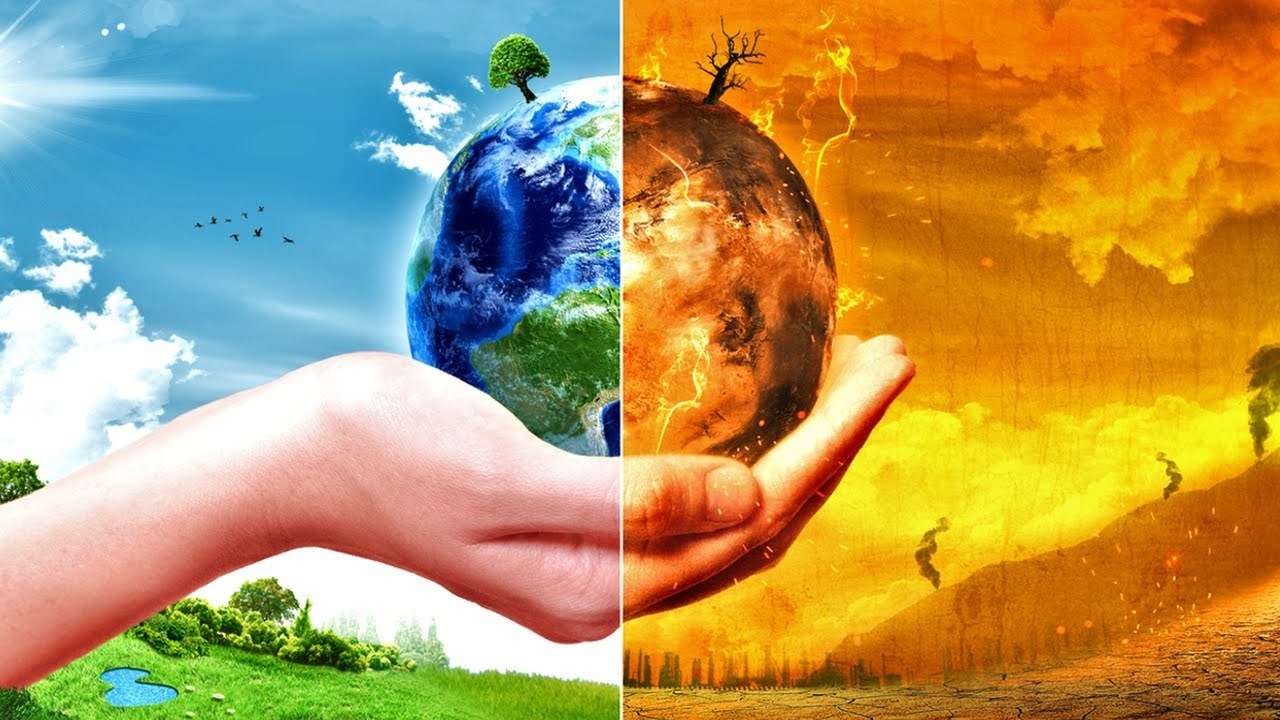
Honourable Prime Minister of Bangladesh Madam Shaikh Hasina,
Honourable Prime Minister of Bhutan Dr Lotay Tshering,
Honourable Prime Minister of India Shri Narendra Modi,
We, the South Asian People’s Action on Climate Crisis (SAPACC), a rainbow coalition of climate, ecology and rights groups from across South Asia, welcome the fact that you will be participating in the “Virtual Summit on Climate Change” being organised with the initiative of new US President Mr Joe Biden. In view of the postponement of CoP-26 from November 2020, this summit is even more important for tackling the impending Climate Crisis.
It is heartening that after years of misdirected actions on environment and climate fronts, USA, the historically largest carbon-polluter is coming back to positive climate action with some degree of seriousness. Though this “summit” is outside the traditional domain of UNFCCC, it carries huge implications, as the biggest economies – also the biggest Climate-polluters – are getting together with the stated objective of significantly upgrading their climate mitigating actions.
As our representatives, we seriously expect that the messages that YOU carry to this summit must be reflective of the needs of the widest possible sections of the people of South Asian region. But most importantly, this must represent voices of those being impacted the hardest by serious climate change impacts, of those with very little wherewithal to cope with these impacts, and the overwhelming necessity of the disadvantaged people here to have safe and assured lives of reasonably good quality. We South-Asians need a much higher level of Human Development, without jeopardizing our life sustaining natural environment.
South Asia is One Geo-Cultural Region, bound together by the Himalayas, the three Seas, the South-west Monsoon, numerous shared rivers and shared forests. And we are the same people & with close genetic and cultural links. In tackling the Climate Crisis, we must act together.
Your excellencies, As you all know very well, several studies have identified South Asia as one of the two most vulnerable regions to climate chaos, along with Sub-Saharan Africa. Coupled with our lower economic capacities and higher dependence on natural commons, Our threshold of Climate Disruptions are even lower than those nations and societies at much higher levels of development. And therein lies the well known historic injustices, of carbon-intensive fossil-fuel use by early starters.
At the current global GHG emission growth rate, the world will likely warm by 1.5-2oC over pre-industrial levels in a few short decades, beyond which our planet will increasingly become unliveable for most life forms. Global scientific bodies are all unanimous on this. IPCC has warned that we have just a short decade till 2030 to reduce global emissions by half, if we are to avert disastrous climate chaos (Special Report on Global Warming of 1.5 °C (SR15). IPBES global study has indicated that the global biodiversity – essential for our food systems to survive, and much more, is facing very high rates of species extinction with pollinating insects facing the worst impacts (IPBES’ 2019 Global Assessment Report on Biodiversity and Ecosystem Services). UNEP warns that global emissions must keep reducing by ~7% pa until 2030 (Emissions Gap Report, 2019), and further states that “We are on the brink of missing the opportunity to limit global warming to 1.5°C” (Lessons from a Decade of Emissions Gap Assessment, 2019). For South Asia’s vulnerable communities, crossing even the 1.5 C redline will bring countless miseries. And we have already crossed the 1.2 C mark last year (WMO), despite world-wide slowdowns.
We are facing a Climate Crisis that requires immediate and major steps to avoid a climate catastrophe.
The Developed nations have attained their high Human Development and economic levels by extensive use of fossil fuels, which have precipitated this climate crisis. With 17% of the world’s population today, rich (OECD) nations have emitted over 60% of the cumulative emissions since the mid-18th Century. Their per capita historic emissions at around 1,200 tonnes/person, are over a dozen times that of South nations. Consequently, poorer /South nations are far less materially developed than North nations, and with the present trends of growing global disparities, have little hope of attaining the standards of living of North nations in the foreseeable future. While with hardly 3.5% of cumulative global emissions, south Asia faces the brunt of the climate impacts. This is an explosive and unacceptable situation.
And with just 3.5% of global land area hosting nearly a quarter of the world’s population, South Asia has no “hinterland” to retreat to.
The principle of Common but Differentiated Responsibility and Respective Capacities (CBDR & RC), accepted in the 1992 Earth Summit, would require that the major responsibility for taking needed measures to control emissions and helping vulnerable people build resilience to the inevitable climate impacts, would fall on the richer North nations to a larger extent. The South nations must also play their role in all earnest – in both reducing emissions of the rich in their countries, as well as helping most vulnerable communities. According to their best capacities.
Since there is great urgency both in reducing climate threatening emissions, and in building peoples capacities to withstand climate change impacts, we urge you to push the forthcoming summit to :
1. Declare a Planetary Climate Crisis, and put this on top of the UN agenda in all forms, not only in the UNFCCC platform. Devise and implement appropriate action plans – globally, nationally and at local levels, with full decision making participation of people at all levels. This must be done with full respect to all recognized human rights and prioritising these.
2. Chalk out a global program to phase out climate-damaging Coal use within the year 2035, and oil and gas use before 2045. This is necessary for human civilization to become carbon neutral by 2050, the glowing Redline drawn by IPCC and other climate knowledge agencies. If we fail to achieve this by 2050, there is a fair chance of Runaway Climate Chaos taking over. Also, to arrive at mechanisms to keep 80% of the known global reserves of fossil fuels untapped, as shown to be necessary by multiple studies. The poorer nations must be given all support to do this energy transition.
3. To redirect global energy and infrastructure financing by all major financial institutions – DFIs, MDBs, IFIs,… from all fossil fuel and luxury consumption serving infrastructures, to safer zero-explicit-emission energy sources and adaptive and resilience enhancing infrastructures. All large multi-lateral, bi-lateral and national financial institutions should be directed to invest at least 40% to addressing the climate crisis, with equal emphasis on mitigation and adaptation. Most of these have strong co-benefits on the SDGs.
4. As the climate crisis is largely created by developed / richer OECD nations, while hundreds of thousands of poor vulnerable people in our countries suffer from its serious impacts every year, the rich nations must own up their responsibility and provide reasonable reparations for these losses and damages of the poor. These can be met through ramped up commitments to provide much higher than the 0.7% of their GDP (committed but never fulfilled) to the poorer nations. This must be enhanced and made transparent, to be additional to other development aids.
5. Devise and implement plans to secure the food production systems – on land, inland waters and oceans – to be in sync with needs of the primary food producers and food consumers. Eliminate or drastically limit the access of large corporations and other financial interests to this critically important survival need, which is also severely threatened by impending Climate Chaos. Food systems also include access to and equitable use of Water.
6. Create a global tax system that goes up telescopically with higher consumption of energy and energy intensive materials, which are essentially luxury goods and services, also having the largest climate disrupting effects. Also, devise and implement tax-cooperation plans to eliminate global Tax Heavens that are draining the resources of poorer nations far in excess of what they get in official development aids (ODAs) and other aids from richer nations, reducing the poor nations capacity to respond.
7. To take effective steps to drastically reduce the huge disparities of energy and material consumption levels between nations and societies, by redistributive economic policies. This is no less important than emission reduction.
8. Immediately stop mining and industrial scale exploitation in globally important ecological areas like the Arctic, the high mountains, the ocean shelves and deep ocean areas etc. and take effective measures to protect these, keeping their access by micro scale livelihood activities open, as shared commons. With dangerous “positive feedback loops” imminent, these sensitive areas need to be fully protected.
9. Make effective plans so that richer OECD nations cut their GHG emissions to Zero by the year 2035, and help the developing and poorer nations to do so by 2045 – with committed financial, technological and knowledge assistance. The remaining emissions from international travels and shared economic actions should also be eliminated by 2050. The Green Climate Fund, the Adaptation Fund, GEF etc were created with this objective, but have not lived up to their billings. Now they must, with much enhanced finances and actions.
10. Declare the “Rights of Nature” as fundamental, and take steps to include this in all our Constitutions and Statutes. Make and implement effective plans to implement these, identify critically endangered natural commons and ways to help nature reclaim and regenerate, with minimal mechanistic interventions.
Hoping for your strong and coordinated actions
GET COUNTERCURRENTS DAILY NEWSLETTER STRAIGHT TO YOUR INBOX

